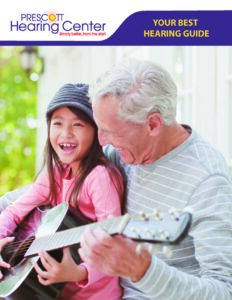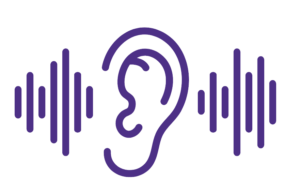
In this blog, we’ll explore the surprising link between hearing loss and falls, the science behind it, and how hearing aids can help keep you steady on your feet.
How Hearing Loss Affects Balance
Your auditory system is closely tied to your vestibular system, the part of your inner ear responsible for balance. Here’s how untreated hearing loss can disrupt this delicate connection:
- Reduced Spatial Awareness: Hearing allows you to detect where sounds are coming from, which helps you orient yourself in your environment. When hearing is impaired, your brain loses critical cues that contribute to balance and spatial awareness.
- Increased Cognitive Load: When your brain is forced to work harder to process sounds, it diverts resources from other functions, including maintaining balance. This added strain can make you more prone to falls.
- Delayed Reaction Times: Hearing loss can affect your ability to notice and respond to environmental hazards, like an approaching vehicle or an uneven sidewalk.








